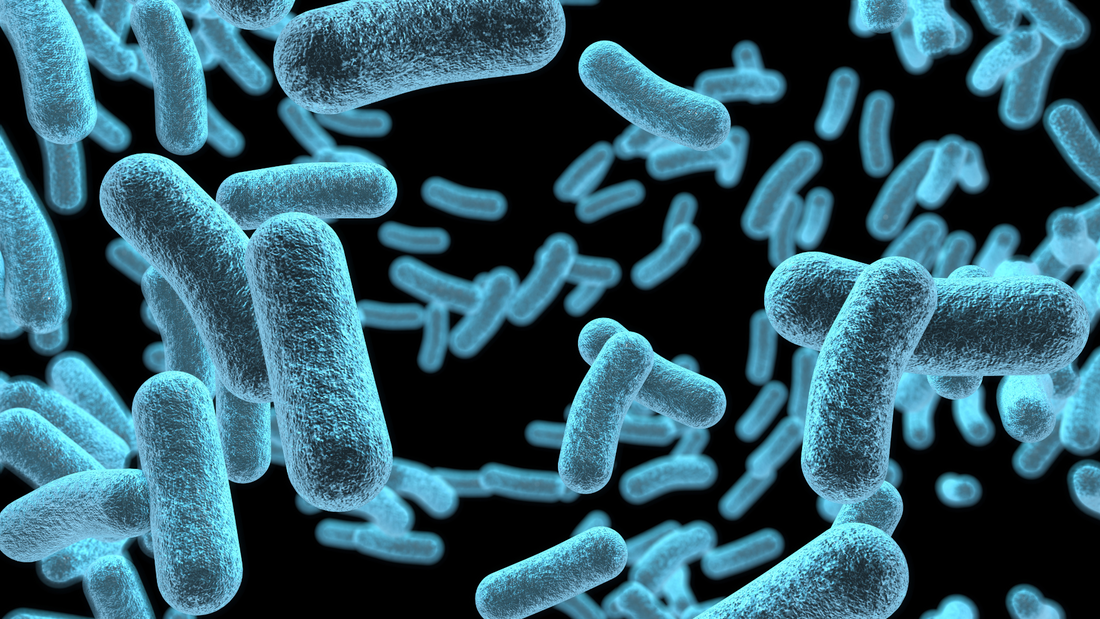
The Role of Gut Microbiome in Disease Prevention
Share
Understanding the Microbiome
The human gut microbiome, which consists of trillions of bacteria, viruses, fungi, and other microbes, plays a critical role in our overall health. It is responsible for breaking down food, absorbing nutrients, and defending against harmful invaders. Recent research has shown that the state of our gut health can have a profound impact on disease prevention, with a healthy gut microbiome offering protection against conditions such as obesity, diabetes, heart disease, and even cancer.
Gut Microbiome and Disease Prevention
The balance of microbes in the gut can influence a variety of bodily functions, including the immune response, metabolic processes, and even mental health. When the microbiome is healthy and balanced, it can provide protection from various diseases:
- Immune System Support: A well-balanced gut microbiome is vital for a strong immune system. It helps in the production of immune cells and regulates inflammatory responses. Dysbiosis (microbial imbalance) can lead to weakened immunity, making the body more vulnerable to infections and chronic diseases.
- Prevention of Obesity and Metabolic Diseases: The gut microbiome plays a key role in regulating metabolism. Studies have shown that an imbalance in gut bacteria can influence fat storage, insulin resistance, and appetite regulation, increasing the risk of obesity, type 2 diabetes, and metabolic syndrome.
- Reducing Inflammation: Chronic inflammation is at the root of many diseases, including heart disease, cancer, and autoimmune disorders. A healthy gut microbiome helps regulate inflammatory responses, reducing the risk of these conditions.
How to Support a Healthy Gut Microbiome
Maintaining a healthy gut microbiome can help prevent disease. Here are some strategies:
- Eat a Diverse Diet: Consuming a variety of fiber-rich fruits, vegetables, and whole grains helps feed beneficial gut bacteria.
- Probiotics and Prebiotics: Probiotics (found in fermented foods) and prebiotics (found in fiber-rich foods) help promote a balanced gut microbiome.
- Limit Processed Foods: Processed foods and excess sugar can feed harmful bacteria and disrupt the gut’s balance, increasing disease risk.
Conclusion: A Healthy Gut Equals Disease Prevention
Taking care of your gut microbiome can go a long way in preventing chronic diseases. A balanced gut supports your immune system, regulates metabolism, and keeps inflammation in check, reducing your risk of illness. Small dietary changes and lifestyle habits can make a significant difference in your gut health and overall well-being.

